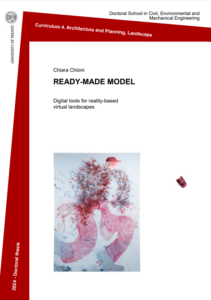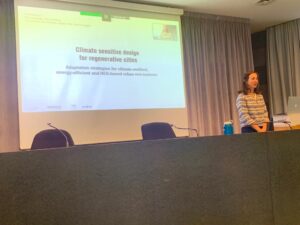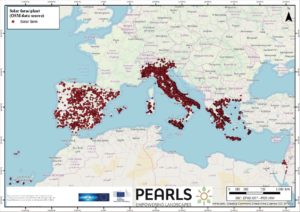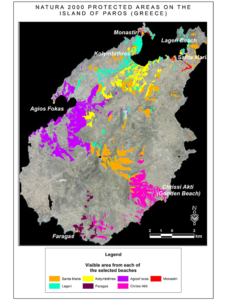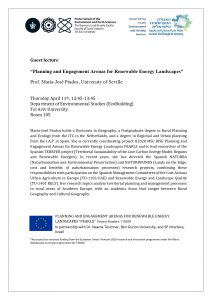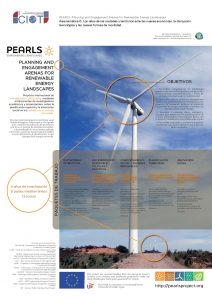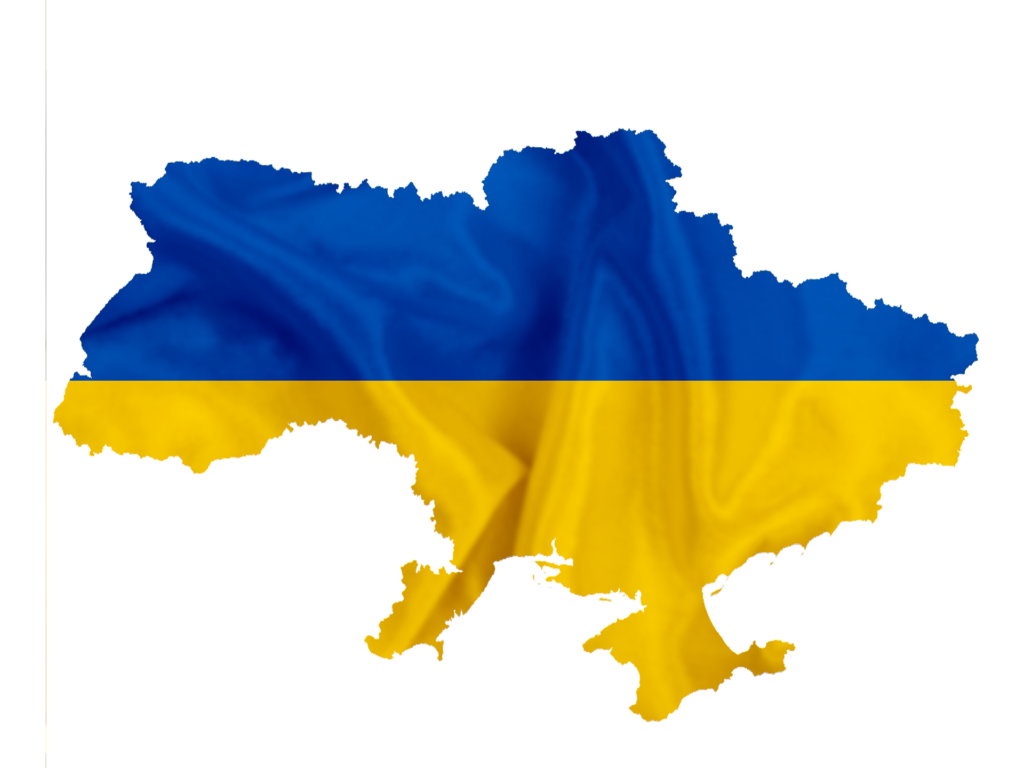
In the past year, SP Interface has published a few critical reports against the Israeli government policy to promote more deep sea natural gas explorations. Their main arguments are that this policy is contradictory for greenhouse gases emissions reduction efforts. Also, if more deep sea natural gas fields will be found, the natural gas will be available only by the end of this decade, when natural gas demand is expected to dwindle. Therefore, new expensive deep sea natural gas explorations makes no economical sense and will probable turn into stranded assets. SP Interface therefore call for the end of governmental natural gas subsidies and investments.
SP Interface pointed already in the fall of 2021, that the European dependency on Russian fossil fuels prevents a unified and strong opposition to the Russian aggression in Ukraine and elsewhere. And, that as long as democratic countries rely on energy (and other crucial commodities) import from autocratic regimes, they are subject to geopolitical manipulations and can’t fully implement democratic values in their foreign affairs. Moreover, as proven again during 2022, this dependency on imported fossil fuels is a critical threat to energy resiliency.
Also, the populist divergence from nuclear energy in the 1980s and 1990s, that was based on unfounded and exaggerated fears and not on data and facts, has deepened the fossil fuels addiction, and brought us to these energy, geopolitical, humanitarian, food, refugees and climate crises. This emphasizes the need to properly and thoroughly promote public acceptance of renewables and participation in their deployment.
Energy sectors based on local energy production such as renewables, energy storage and nuclear- mitigate climate change, and also free
adverse autocratic regimes influences. Energy policy must work on a set of factors such as cost, modularity, resilience, energy security, economic sustainability, environmental implications, landscape changes, geopolitical implications and population quality of life.
SP Interface, together with the Israeli Society for Ecology and Environmental Sciences, published these views also in newspapers and social media.

